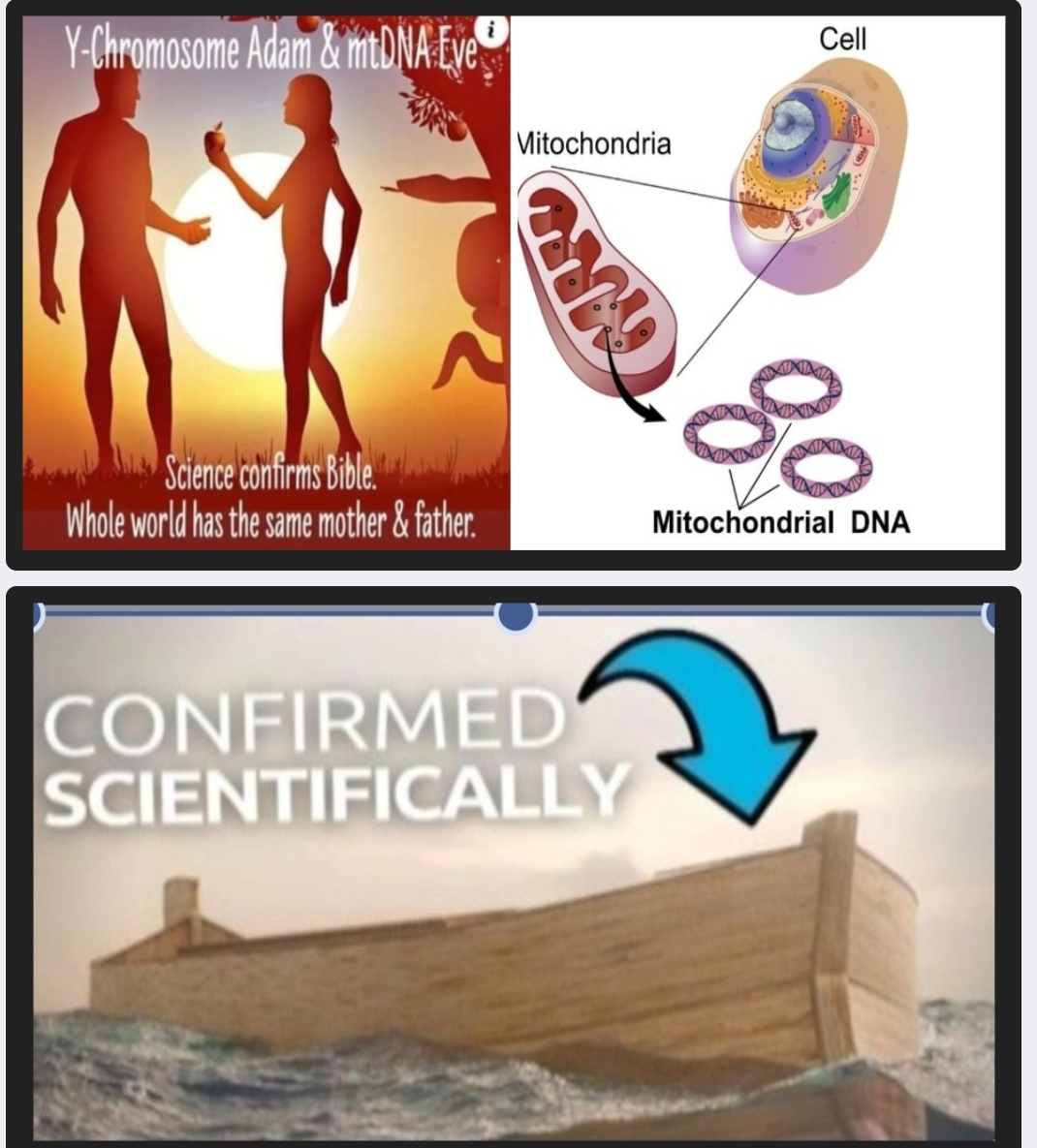Christians and the Science Revolution
Christians played a leading role in the Scientific Revolution in Europe. Many of the key figures in the Scientific Revolution were Christians, and they often drew on Christian beliefs and ideas to support their scientific work. For example, Nicolaus Copernicus, who proposed that the Earth revolves around the Sun, argued that his theory was consistent with the Christian belief that God created a universe that is orderly and rational.
There were a number of reasons why Christians were so prominent in the Scientific Revolution. One reason was that the Catholic Church had a strong tradition of scholarship and education. During the Middle Ages, the Church founded many universities, and it supported the work of scholars such as Roger Bacon and Albertus Magnus. These scholars helped to lay the foundations for the Scientific Revolution by developing new methods of scientific inquiry, such as experimentation and observation.
Another reason for the Christian involvement in the Scientific Revolution was the Protestant Reformation. The Protestant Reformation challenged the authority of the Catholic Church, and it led to a new emphasis on individual interpretation of the Bible. This emphasis on individual inquiry helped to create an environment in which scientific ideas could flourish.
The Scientific Revolution was a time of great intellectual and social change. It led to a new understanding of the universe, and it helped to lay the foundations for the modern world. Christians played a leading role in this revolution, and their contributions continue to be felt today.
Here are some of the key Christian figures in the Scientific Revolution:
Nicolaus Copernicus (1473-1543): Polish astronomer who proposed that the Earth revolves around the Sun.
Galileo Galilei (1564-1642): Italian astronomer, physicist, and engineer who made important contributions to the study of motion and gravity.
Johannes Kepler (1571-1630): German astronomer who discovered the laws of planetary motion.
Francis Bacon (1561-1626): English philosopher and statesman who is considered to be the father of the scientific method.
René Descartes (1596-1650): French philosopher and mathematician who developed a new method of philosophical inquiry.
These are just a few of the many Christian figures who played a role in the Scientific Revolution. Their contributions helped to shape the modern world, and they continue to be an inspiration to scientists and scholars today.




Comments
Post a Comment